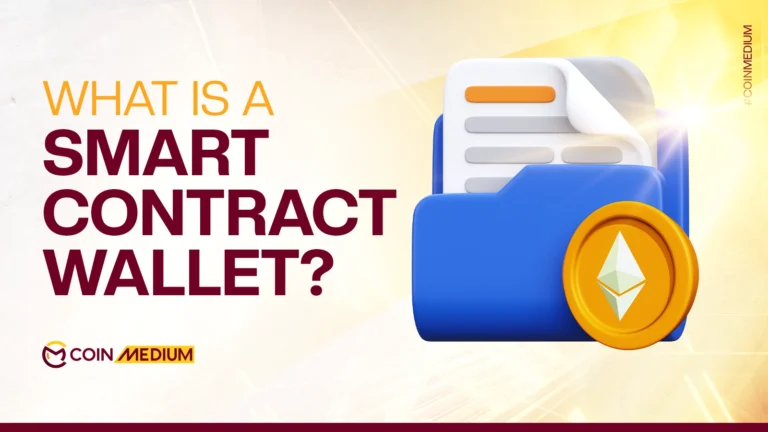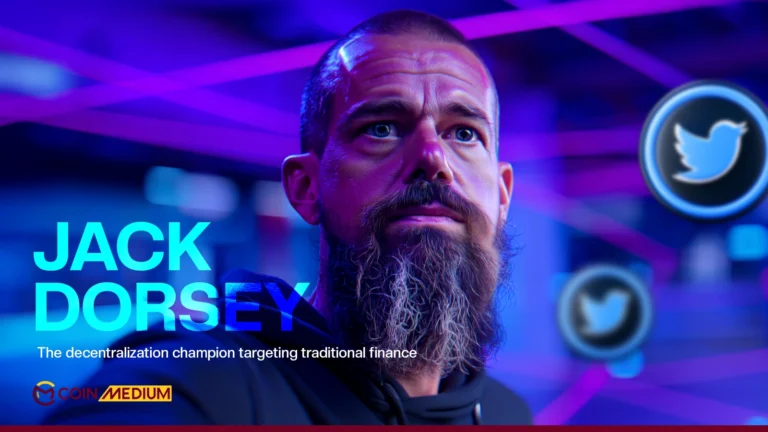- You will see how Blockchain changes finance by enabling faster, cheaper, and more accessible peer-to-peer transactions through decentralized ledgers, reducing reliance on intermediaries like banks.
- The role Blockchain plays in improving transparency in supply chains and healthcare by tracking goods and unifying patient records on immutable ledgers.
- How Blockchain changes and fosters greater participation in democracy through secure, transparent e-voting systems, as piloted in Estonia, and enhances digital identity management with self-sovereign identity systems to reduce fraud.
Over a decade ago, Blockchain technology was merely synonymous with cryptocurrencies like Bitcoin. Today, blockchain’s influence and impact extends beyond finance, touching everything from how we shop to how we vote, making processes more efficient, secure, and accessible. In this article, we will explore ways in which blockchain changes our everyday life.
Transforming Financial Transactions
As you would already guess, Blockchain’s most immediate impact is felt in finance, where it streamlines transactions and reduces reliance on intermediaries. Traditional banking systems often involve multiple parties, banks, clearinghouses, and payment processors, leading to delays and fees. Blockchain enables peer-to-peer transactions through decentralized ledgers, cutting costs and speeding up processes.
For instance, cross-border payments, which once took multiple days, now occur in seconds using blockchain-based platforms like Ripple or Stellar. Cryptocurrencies such as Bitcoin and Ethereum allow users to send value globally without banks, empowering over 1 billion unbanked people worldwide, according to the World Bank.
Stablecoins, pegged to fiat currencies, further stabilize these transactions, making them practical for everyday use. For instance, developed economies like the United Arab Emirates now allow crypto payments for government services. Airlines like Air Arabia even accept the AE Coin, pegged to the Emirati Dirham (AED).
Going beyond payments, decentralized finance (DeFi) platforms also let individuals lend, borrow, or earn interest without traditional financial institutions. For instance you can easily payback a crypto loan anytime you please without an early or late payment penalty. The same mechanism can be used for receiving payments. Smart contracts or self-executing agreements coded on blockchains ensure trust, automating everything from loan approvals to insurance payouts. For everyday consumers, this means cheaper, faster, and more accessible financial services, leveling the playing field.
Revolutionizing Supply Chain Transparency
Blockchain is making supply chains more transparent, addressing consumer demand for ethical and sustainable products. From farm to table or factory to store, blockchain tracks goods in real time, ensuring authenticity and reducing fraud. Each step is recorded on an immutable ledger, accessible to all stakeholders.
For instance, Walmart uses IBM’s Food Trust blockchain to trace produce like mangoes from farm to shelf in under three seconds, compared to days with traditional methods to ensure food safety. Carrefour also used similar technology. This speed is critical during recalls, preventing health risks. Similarly, luxury brands like LVMH leverage Aura blockchain to verify the authenticity of goods, combating counterfeiting. Scanning a QR code on a product reveals its journey, empowering informed choices. It is estimated that by the end of 2025, over 20% of global retailers will adopt blockchain for supply chain tracking, fostering trust, reducing waste, and ensuring fair trade practices.
Securing Healthcare Data
In healthcare, Blockchain unifies patient records otherwise scattered across providers, risking errors and inefficiencies. With Blockchain, patients are able to control their data, granting access to doctors or researchers via encrypted keys.
Some initiatives have explored enabling individuals to sell or loan their medical data, giving them greater control over how it’s used. With blockchain technology, patients could choose to restrict access to their health information, unless compensation is provided, allowing for more transparent and consent-based data sharing.
For individuals, this means better care coordination. A doctor in another country can access your history instantly, improving outcomes. Patients can monetize anonymized data for research, earning tokens. Deloitte predicts that in 2025, 15% of healthcare organizations will likely adopt blockchain enhancing trust and efficiency in a critical sector.
Streamlining Voting Systems
Traditional voting systems face challenges like fraud, miscounts, or low turnout. On the other hand, Blockchain is poised to transform voting by making it secure, transparent, and accessible, with e-voting ensuring votes are immutable, verifiable, and anonymous.
Countries like Estonia and Switzerland have piloted blockchain voting, with Estonia conducting secure online elections since 2017. Each vote is recorded on a tamper-proof ledger, auditable by all. Smart contracts automate vote counting, reducing human error. Voters use cryptographic keys, ensuring privacy while verifying eligibility.
For citizens, this means greater participation in democracy, without even being physically present during voting. Although challenges like digital literacy remain, Blockchain could redefine civic engagement in the future, making voting as easy as a smartphone tap.
Enhancing Digital Identity Management
We live in an era of data breaches. In fact, over 2.6 billion personal records were exposed in 2024 alone, per cybersecurity reports. This is where Blockchain yet again offers a secure alternative for managing digital identities. Traditional systems store sensitive data centrally, making them hacker targets. Blockchain decentralizes identity, giving individuals control over their information.
Self Sovereign Identity (SSI) systems let users store credentials, like passports or driver’s licenses, on a blockchain. They share only necessary details with third parties, verified cryptographically. For example, a bar might confirm your age without seeing your full ID. Platforms like uPort or Microsoft’s ION enable this, prioritizing privacy, impacting daily life profoundly. SSI reduces fraud, simplifies online verification, and empowers users, reshaping how we interact digitally.
Empowering Content Creators
Blockchain changes another integral part of society by disrupting creative industries by giving artists and creators more control over their work. Platforms like Spotify or YouTube take hefty cuts up to 30% from earnings, whereas Blockchain-based alternatives like Audius or Theta, use decentralized networks to connect creators directly with audiences.
Musicians on Audius retain up to 90% of revenue, compared to 70% on traditional platforms
Smart contracts ensure fair compensation. For instance, an NFT (non-fungible token) artist can program royalties into their work, earning a percentage each time it’s resold. By 2025, the NFT market, though cooled from its 2021 peak, still generates $2 billion annually.
Fans also benefit from this mechanism. Blockchain enables fractional ownership of art or music, letting everyday people invest in culture. Tokenized rewards, like exclusive content for supporters, deepen engagement. This shift democratizes creativity, letting anyone with talent thrive without gatekeepers.
What are some of the challenges to Blockchain Adoption?
Blockchain faces hurdles, one such limitation being scalability. For instance, Bitcoin processes just 7 transactions per second, compared to Visa’s 24,000. Energy consumption, especially for proof-of-work blockchains, draws criticism, though greener alternatives like Ethereum’s proof-of-stake reduced usage by 99%, per Ethereum Foundation.
Regulatory uncertainty also looms, with governments balancing innovation against risks like money laundering. Regulating cryptocurrencies is inherently challenging because crypto was created on the fundamental principle of decentralization. Meanwhile, regulation often relies on centralized frameworks to enforce compliance. This clash is what makes regulation so difficult for authorities around the world.
Public adoption lags due to complexity. Only 10% of global internet users own cryptocurrency. However, there is more digital interest now than there has ever been.
As challenges like scalability and regulation are addressed, blockchain’s integration into daily life will deepen. By 2030, it could be as essential as the internet, quietly powering the systems we rely on. For now, its impact is already tangible, proving that a technology born from code can reshape the world we live in.
Final Thoughts
Blockchain is no longer the niche technology it used to be; but a catalyst for change across finance, supply chains, identity, healthcare, voting, and creative industries. Its decentralized ethos empowers individuals, reduces inefficiencies, and builds trust in systems long plagued by opacity. Whether or not you may embrace blockchain, blockchain changes how you interact with the society at large.







